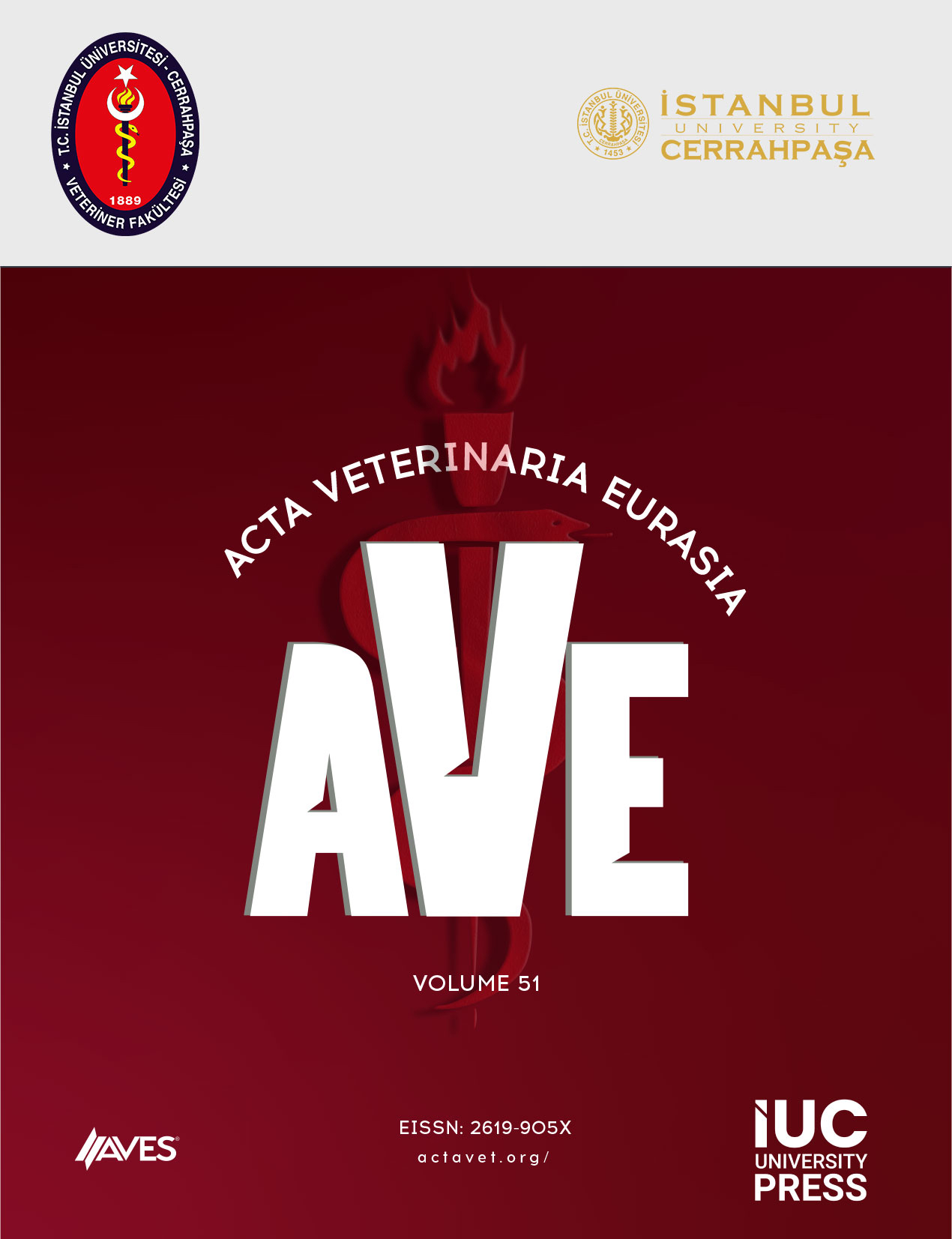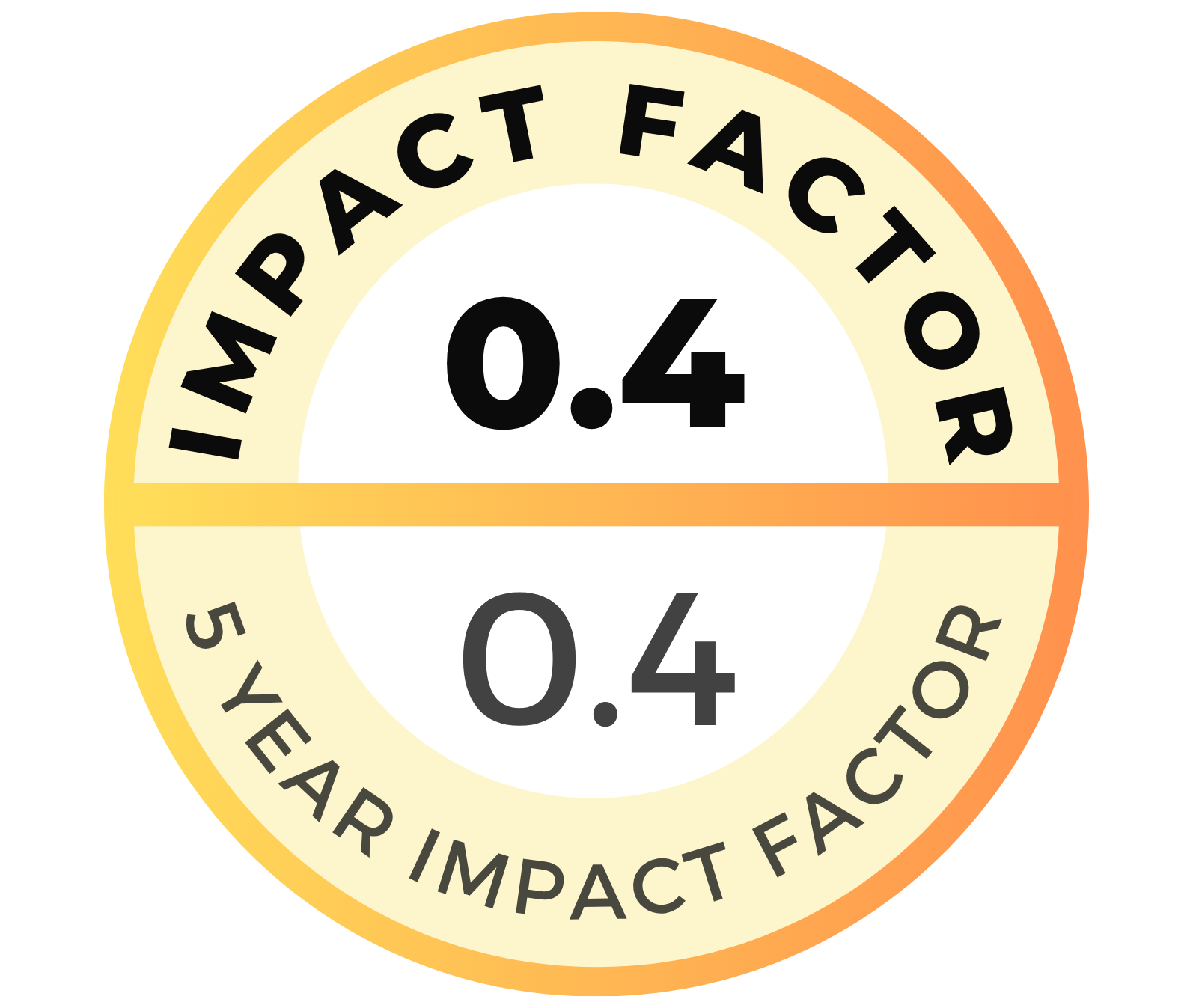Abstract
Organic acids and salts are commonly used in feed technology and animal nutrition. Most of them, including lactic acid, sorbic acid, propionic acid, and salts, are authorized in feed production to enhance or preserve feed quality and safety. The study investigated the biocompatibility on kidney cell culture (BHK-21) and the vitamin C equivalent antioxidant capacity (VCEAC) of Ca lactate, K sorbate, Ca propionate, and citric acid. For the determination of safety on kidney cells, the 50% inhibition concentration (IC50) was determined by MTT after 24-hour incubation. For antioxidant capacity, the feed additive solutions of 0.200 mmol were incubated with MTT for 4 hours and their VCEAC was calculated concerning the vitamin C standard curve. Calcium lactate exhibited the highest biocompatibility, with an IC50 of 285.43 mg/mL, while citric acid demonstrated significantly greater cytotoxicity to kidney cells, with an IC50 of 1.78 mg/mL (p < .01). The antioxidant capacities of all were approximately determined as half capacity of vitamin C. Besides their antioxidant activities, it was expected that citric acid had higher cytotoxicity due to its acidifying characteristic. The in vitro results indicated that these preservative feed additives might have the potential for preservative and antioxidant activities at biocompatible and safe concentrations for feed quality and safety in animal nutrition.
Cite this article as: Korkmaz, S., Sait, A., & Bilal, T. (2025). In vitro biocompatibility and antioxidant capacities of common feed preservative additives: Calcium lactate, potassium sorbate, calcium propionate, and citric acid. Acta Veterinaria Eurasia, 51, 0056, doi: 10.5152/actavet.2025.24056.





.png)